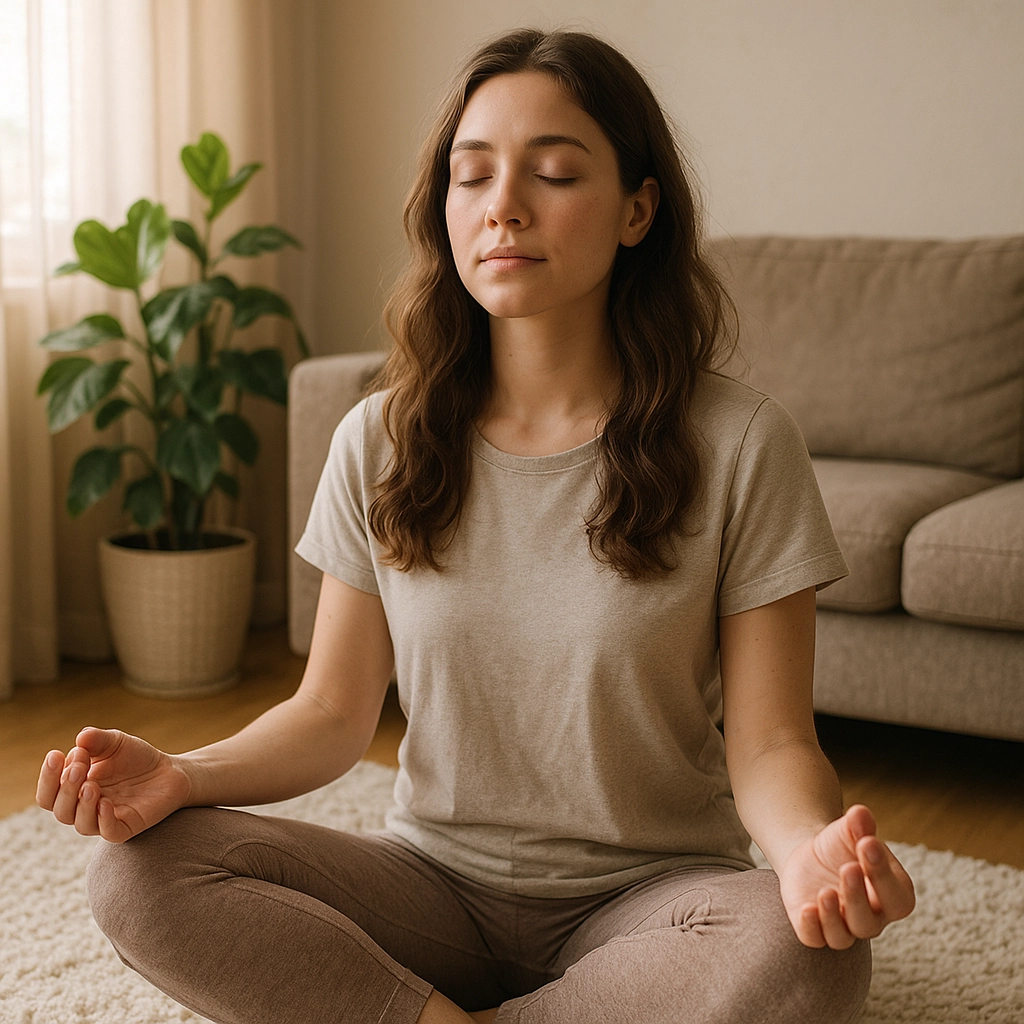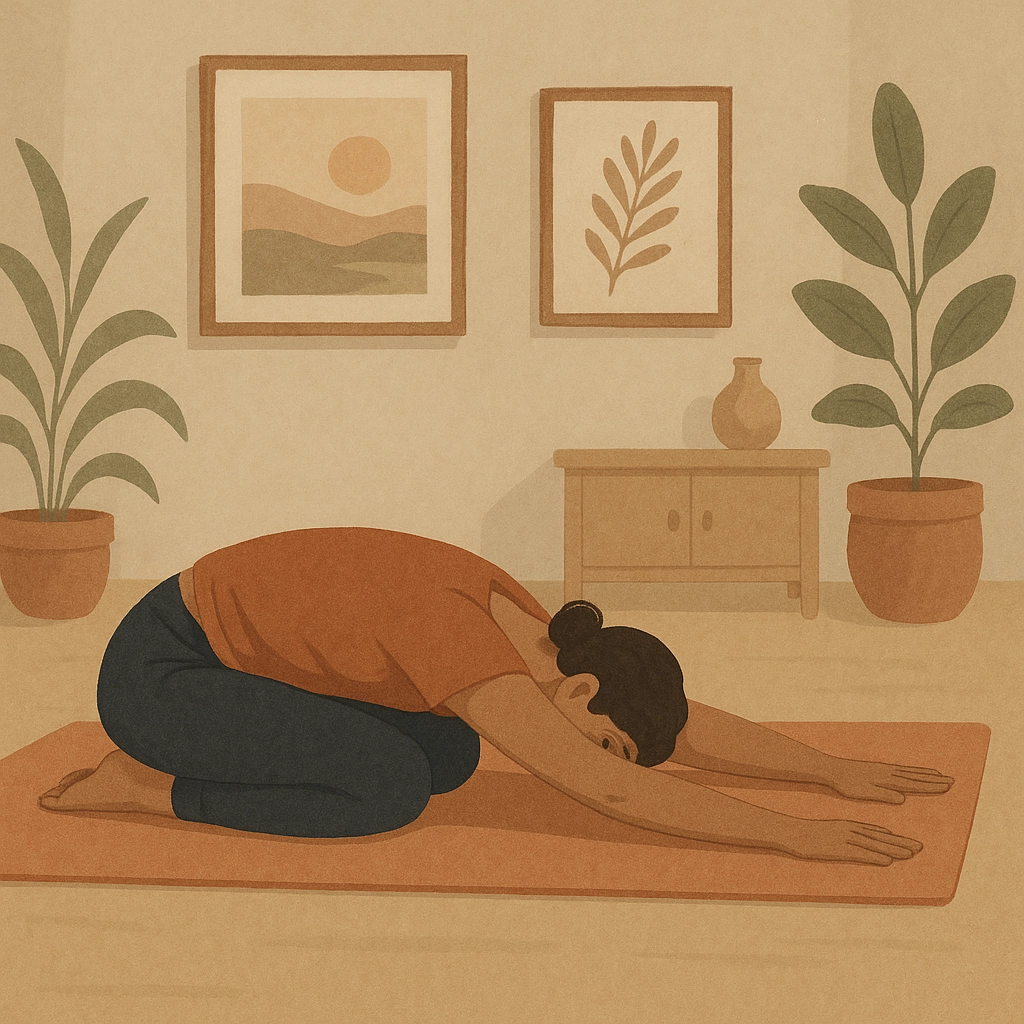Coping with Anxiety and Depression: Practical Strategies You Can Start Today
- Eugene Whitten
- Sep 14, 2025
- 4 min read
Both anxiety and depression can feel isolating and overwhelming. But it’s possible to take practical steps each day to manage symptoms and build resilience. Here are some evidence-based strategies you can start using right now for support and self-care.
Physical and Lifestyle Foundations
A strong mind requires a healthy body. When it comes to managing mental health, don’t underestimate the basics.
Get Moving
Regular exercise is a proven strategy for lifting mood, reducing anxiety, and increasing energy. You don’t need to sign up for a marathon—just a 20–30 minute walk around your neighborhood can make a noticeable difference. The key is consistency. Try aiming for movement five days a week, whether it’s yoga, cycling, dancing in your living room, or stretches at your desk.

Nourish Your Body
Eating well equips your brain with what it needs to function at its best. Focus on a diet rich in vegetables, fruits, lean proteins, and whole grains. Limit highly processed snacks, sugary foods, and too much caffeine. Keep healthy snacks handy, and try not to skip meals, as drops in blood sugar can worsen mood swings or irritability.
Prioritize Sleep
Too little sleep aggravates both anxiety and depression. Most adults need 7–9 hours a night. Set a consistent bedtime routine: turn off screens an hour before sleep, keep your room dark and cool, and avoid heavy foods or caffeine late in the day. If your mind races at night, try writing down your worries before bed or listen to calming sounds.
Immediate Anxiety Relief Techniques
No one can avoid stress entirely, but you can calm your body and mind when anxiety shows up.
Practice Slow Breathing
When anxiety spikes, slow down your breathing. Try this: Breathe in through your nose for a count of three, then exhale through your mouth for a count of three. Repeat for a minute or two, focusing on the rhythm. This can help reset your nervous system.

Progressive Muscle Relaxation
Find a comfortable spot to sit or lie down. Starting at your toes, tense your muscles for three seconds, then release. Move up to your calves, thighs, stomach, chest, arms, and face—one area at a time. This technique reduces physical tension and guides your mind into a calmer state.
Stay Present with Grounding Exercises
Anxiety pulls you into “what ifs.” Grounding techniques anchor you in the here and now. Try this sensory exercise: List five things you can see, four you can hear, three you can touch, two you can smell, and one you can taste. Use your senses as a reset button.
Depression-Specific Strategies
Managing depression often requires getting active even when energy and motivation are low. Here’s how to gently nudge yourself forward.
Behavioral Activation
Depression often steals your motivation to do things you normally enjoy. Research shows that engaging in activities, even without motivation, can help reboot positive feelings over time. Start small: water a plant, take a five-minute walk, listen to your favorite song, or do a simple creative project.

Reach Out to Others
Connection is a powerful antidote to depression. Call a friend, text a loved one, or join an online support group. Set simple goals—like saying yes to one social invitation per week, or scheduling a 10-minute check-in with a family member. If socializing is hard, remember: quality matters more than quantity.
Practice Self-Reconciliation
Learn to accept your feelings without beating yourself up. It’s okay to have tough days. Notice and challenge perfectionist thinking—remind yourself that nobody gets everything right. Try saying or writing affirmations like, “I’m doing the best I can today.”
Mindfulness and Stress Management
Building self-awareness and managing stress are crucial for both anxiety and depression.
Try Mindfulness or Meditation
You don’t have to be a yogi to benefit from mindfulness. Sit quietly and focus on your breath or listen to a guided meditation app for five minutes a day. If your mind wanders (and it will), gently bring it back without judgment. Over time, this helps you manage racing thoughts and emotional swings.

Start Positive Journaling
Every day, jot down three things you’re grateful for, no matter how small—a hot cup of coffee, a kind word, a sunny window. Positive journaling helps shift focus from negative to hopeful, and can be a reminder that there are bright spots, even on dark days.
Building Confidence with Gradual Exposure
Sometimes, the key to managing anxiety lies in gentle, steady action.
Small Acts of Bravery
If anxiety is keeping you from certain situations, take baby steps toward those triggers. For example, if you get anxious in social settings, start by meeting one friend for coffee. Over time, gradually expose yourself to more challenging situations. Each small success builds confidence for bigger leaps.
The Importance of Professional Support
No strategy replaces professional help when symptoms interfere with daily life. If you’re struggling to function, or if symptoms persist or worsen, reach out to a counselor, doctor, or mental health professional. Therapy offers tailored strategies and a supportive space to process what you’re feeling. At Abundant Life Counseling & Consulting, we’re here to help—learn more or schedule an appointment at our booking page.

Crafting Your Personal Coping Toolkit
There’s no “one size fits all” in mental health. Choose a few strategies from above that feel doable, and practice them regularly. Over time, these habits become your personal toolkit for managing anxiety and depression. Consistency is key—practice daily, even on days when things feel easier.
Mix and match what works for you. Maybe it’s breathing exercises after work, a gratitude journal in the morning, or a short walk each afternoon. Don’t forget small joys: get outdoors, listen to music, spend time with pets, or immerse yourself in a hobby.
Final Thoughts
You’re not alone in what you’re feeling and you don’t have to “fix” everything at once. Taking one small step is progress—be proud of every effort. Remember, with practice and support, it’s absolutely possible to create a life that feels manageable and even joyful.




Comments